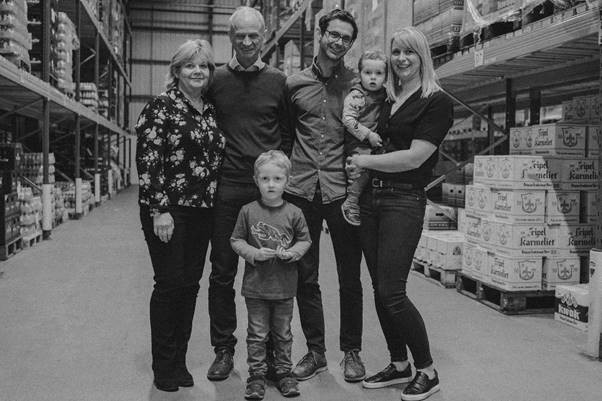
James Clay secures EU supply chain ahead of Brexit
Beer importer and distributor James Clay and Sons has has secured its EU supply chain with the acquisition of Rarter Bond Ltd. as part of its “Brexit preparedness” strategy.
James Clay said the acquisition of Rater Bond, a specialist excise bond company operating out of a 100,000sq ft facility at Leeds Bradford Airport, would increase its capacity to stock-build ahead of the likely supply chain disruption.
In addition, it said it would ‘clear’ imported stock into the UK in-house, provide more space to invest in stock holding to ensure strong availability at the start of 2021, and ensure that the supply of beer could continue “uninterrupted” into the UK.
James Clay’s Brexit “stock build goal” was to hold an additional four to six weeks’ worth of stock for all key lines, over one million bottles of beer, said MD James Clay.
“Brexit will undoubtably place severe stress on supply chains in the UK. In the short-term, delays are expected at ports and hauliers anticipate lorries being limited to one round trip to Europe per week – not the current two.
“Alongside maintaining a strong working relationship with our haulier to mitigate this, Rarter Bond will provide extensive storage capacity for Brexit stock building, which began in early November,” he said.
The company’s overseas brewery partners were being “immensely supportive” in the challenge to ensure consistent availability over the next six months by brewing additional beer to cover Brexit stock build, by adjusting their paperwork processes or by making changes to labelling, added Clay.
“Like everything to do with Brexit, we are likely to face some more unforeseen twists and turns, however I hope this memo provides you reassurance that we are well prepared to deal with them,” he said.
Rarter Bond, which has has managed James Clay's non-EU imports for "many years", would also strengthen James Clay and Sons’ customs and excise capabilities and provide the platform to invest in the customs software required to clear goods into the UK with HMRC, at the end of the transition period, said the business.
“Ensuring these systems are in-house will provide the best control and lowest additional costs in the long term.”




